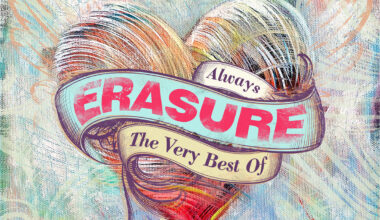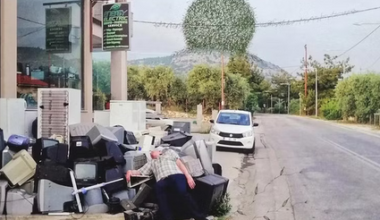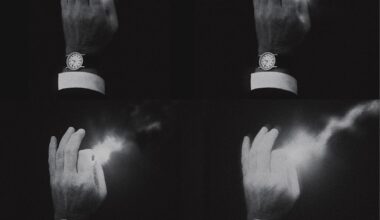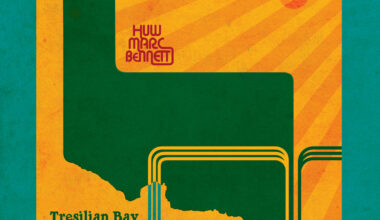Berlin-based dark-ambient techno duo filter raw nature through sculpted digital soundscapes

As Jean-Paul Belmondo’s character Michel Poiccard says in the French new wave classic ‘À Bout De Souffle’, “If you don’t like the sea… and you don’t care for the mountains… and don’t like the big city either… go fuck yourself!”.
It seems that similar sentiments are at the core of this instrumental debut album from Berlin-based Dubliners Dara Smith and Ian McDonnell, aka Lakker, in the manner in which they aim to pair the essence of the chaotic digital heart of the techno-metropolis with the raw power of the elements. The result is an ambitious and sometimes demanding work that requires your unwavering attention. It may also sometimes test your mettle. But for that, there’s ample reward.
The choice of samples on ‘Tundra’ deserves special mention. Carefully picked and cleverly placed, these snippets add weight and texture at points where derivation could begin to creep in. There are church bells from Schöneberg and field recordings from Japanese motorway tunnels. There are Inuit throat singers and, on ‘Three Songs’, female choral voices from Dublin, beautifully set against hard metallic beats that could be straight out of a 3am Berlin techno bunker.
Elsewhere, ‘Herald’ crackles and fizzes like a metronomic firework, before unexpectedly giving way to introspective piano keys in a moment that encapsulates the piece’s best sequences, where natural organic warmth is juxtaposed with quite the opposite. Tracks like this have an assuredness that must also owe some debt to the production of Sonic Boom. Classily mastered at his fabled New Atlantis Studios, there’s an astonishing amount of bottom-end gravitas on show here. And at the top-end too, there’s an icy, crystalline clarity and plenty of room for everything in between; from the synth drone to the combative machine-drum beats, which come on with a powerful – and perhaps at times unnecessary – relentlessness.
Lakker themselves namecheck reference points that include the choral minimalism of avant-garde composer Arvo Part and Japanese noise merchant Merzbow. But by bringing giants such as these to mind, expectations are bound to be set high, particularly for those who are turned on by experimental risk. In truth, ‘Tundra’ isn’t wholly satisfying, as a little more balance, space and off-piste freedom wouldn’t go amiss at times, especially during the first half of the album. Thankfully, the considered restraint of ‘Halite’ brings welcome relief from some of the perhaps slightly over-egged percussive harshness, in the form of celestial light and ocean-fresh air.
But that uneasy mix of industrial darkness and natural, unfiltered warmth does seem to be essentially what ‘Tundra’ is about. Combining chaotic, destructive forces within compositions that also contain programmed mathematical predictability, Smith and McDonnell ask us to reflect on parallels that increasingly surround us, but which are seldom considered together.





